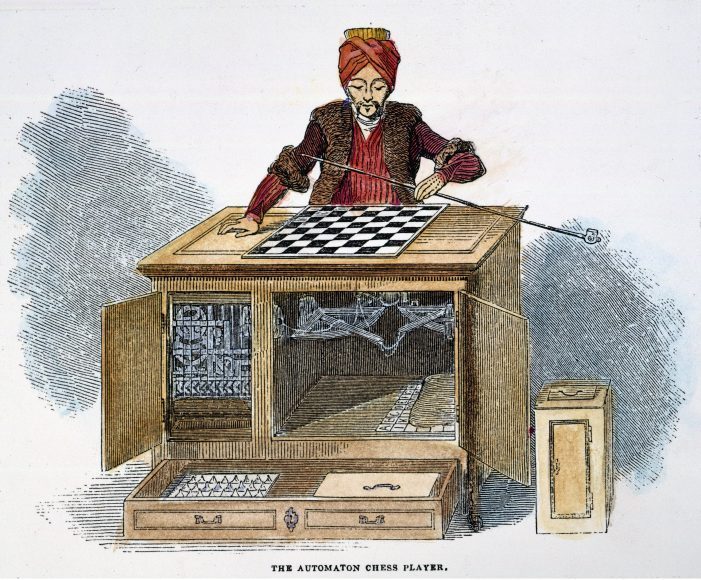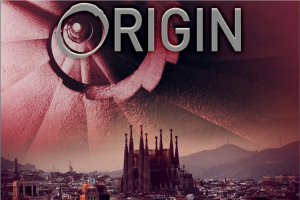What follows is the text of the article I published within the magazine Oracoli. Saperi e pregiudizi al tempo dell’Intelligenza Artificiale. The Italian title was La mente nell’ingranaggio.
Non è il primo automa della storia, non è nemmeno davvero un automa, ma è uno dei congegni più suggestivi dell’era moderna, sicuramente il primo a porre il problema della concatenazione e dell’ibridazione tra essere umano e macchina. Per questo il Turco giocatore di scacchi, concepito nel 1769 dal barone ungherese Wolfgang von Kempelen per meravigliare l’imperatrice Maria Teresa d’Austria e la sua corte, resta una delle invenzioni più famose di sempre, un “robot” ante-litteram che non si lascia archiviare come una bizzarra curiosità antiquaria, ma torna a interrogare l’umanità, quasi come se tra i suoi ingranaggi fosse nascosto il mistero originario della tecnologia.



